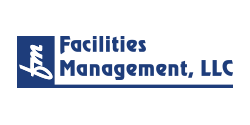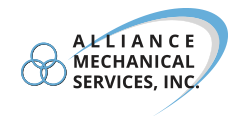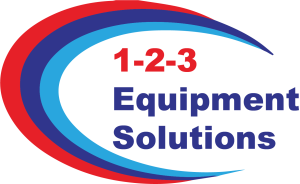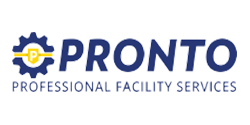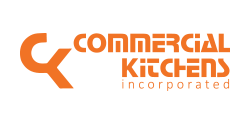Money Down the Drain: The Financial Impact of Neglecting Maintenance

From ovens to commercial -grade refrigerators, these tools are indispensable. Unfortunately, not all foodservice operators stay ahead of ensuring the functioning of these culinary essentials. Let’s dive into the financial consequences businesses face when neglecting foodservice equipment and why proactive maintenance is the solution.
The true cost of neglect
Immediate repair
The repercussions of neglecting regular maintenance become painfully evident when equipment malfunctions at the worst times. Imagine your restaurant during peak service hours with a malfunctioning oven or a refrigeration system on the brink of failure.
These unforeseen breakdowns disrupt business operations, leading to thousands of dollars of loss due to downtime. This results in a substantial dent in the financial assets of the establishment.
Equipment replacement
Beyond immediate breakdowns, the long-term consequences of equipment neglect involve the need for replacements. Whether due to sudden failures or the gradual deterioration of multiple items, replacement costs can cause a severe setback for operations. The U.S. Small Business Administration (SBA) highlights that the average cost of replacing commercial kitchen equipment ranges from $5,000 to $20,000 per item.
In addition to replacing equipment, foodservice operators must consider costs for:
Installation
Hiring professionals to install new equipment is often necessary, which may involve electrical work, plumbing, or other specialized installation services.
Downtime
During the replacement process, there might be downtime in your operations, resulting in lost revenue, especially if the equipment is critical to your business.
Disposal of old equipment
Proper disposal or recycling of the old equipment could involve additional costs. Some jurisdictions may have regulations regarding the disposal of certain types of foodservice equipment.
Upgrades or modifications
If the new equipment requires upgrades or modifications to your existing infrastructure, additional costs can be associated with these changes.
Training
Staff may need training sessions and materials to use new equipment.
Prolonging equipment lifespan
Importance of preventive maintenance
Preventive maintenance is the key to avoiding financial pitfalls regarding foodservice equipment. The Foodservice Equipment Distributors Association (FEDA) shows that 55% of equipment failures are due to improper maintenance.
Routine maintenance, scheduled cleanings, and timely repairs can identify and address minor issues before they escalate into breakdowns. Incorporating an ongoing planned maintenance service is not just an expense; it’s a strategic investment in the long-term success of your foodservice operation. Regular maintenance offers several financial advantages over the potential expenses associated with emergency breakdowns and replacements.
Energy savings
Preventive maintenance ensures equipment operates at peak performance, resulting in energy efficiency and optimal functionality, possibly leading to cost savings over time. When equipment operates at peak efficiency, it consumes fewer resources, reducing energy consumption and lowering utility bills. Optimal performance increases productivity and faster service, allowing higher customer turnover and revenue generation.
The financial benefits of investing in regular maintenance and ensuring foodservice equipment operates at its best far outweigh the potential expenses incurred due to inefficient, malfunctioning, or poorly maintained equipment.
Tech24 offers comprehensive preventive maintenance plans tailored to the unique needs of each client. Services include regular inspections and timely repairs conducted by highly trained technicians. Our commitment to professionalism and expertise ensures that businesses can rely on their equipment’s optimal performance, minimizing the risk of unexpected breakdowns.
Fix now, save later
The wrap up
In the current economy, where every penny counts, the financial implications of neglecting the care of foodservice equipment can be significant. Ignoring regular maintenance may lead to unexpected breakdowns, emergency repairs, and the need for premature replacements, all of which can impact a business’s bottom line.
By proactively embracing preventive maintenance practices, businesses ensure longer-lasting equipment and contribute to stable finances. The upfront investment in routine care reduces energy consumption and repair costs while extending equipment lifespans.
This strategic approach safeguards against unforeseen financial setbacks and fosters a more sustainable and cost-effective operational model, positioning businesses for long-term success in the competitive foodservice industry.












